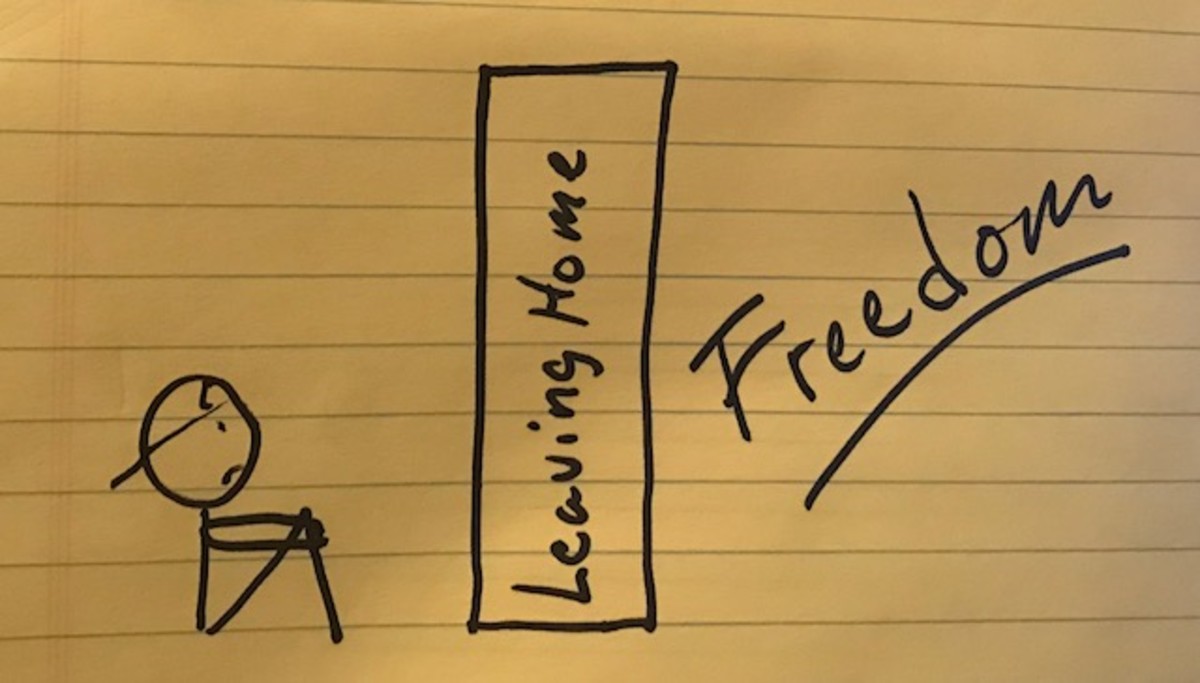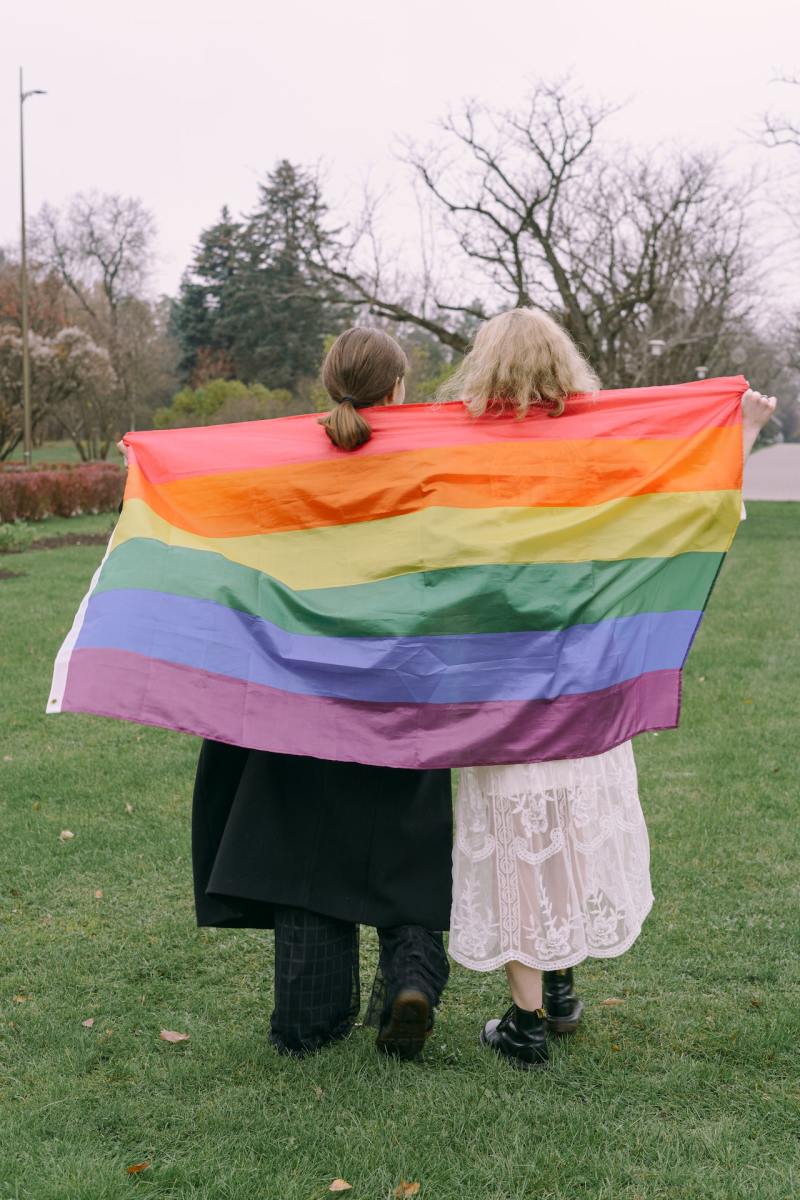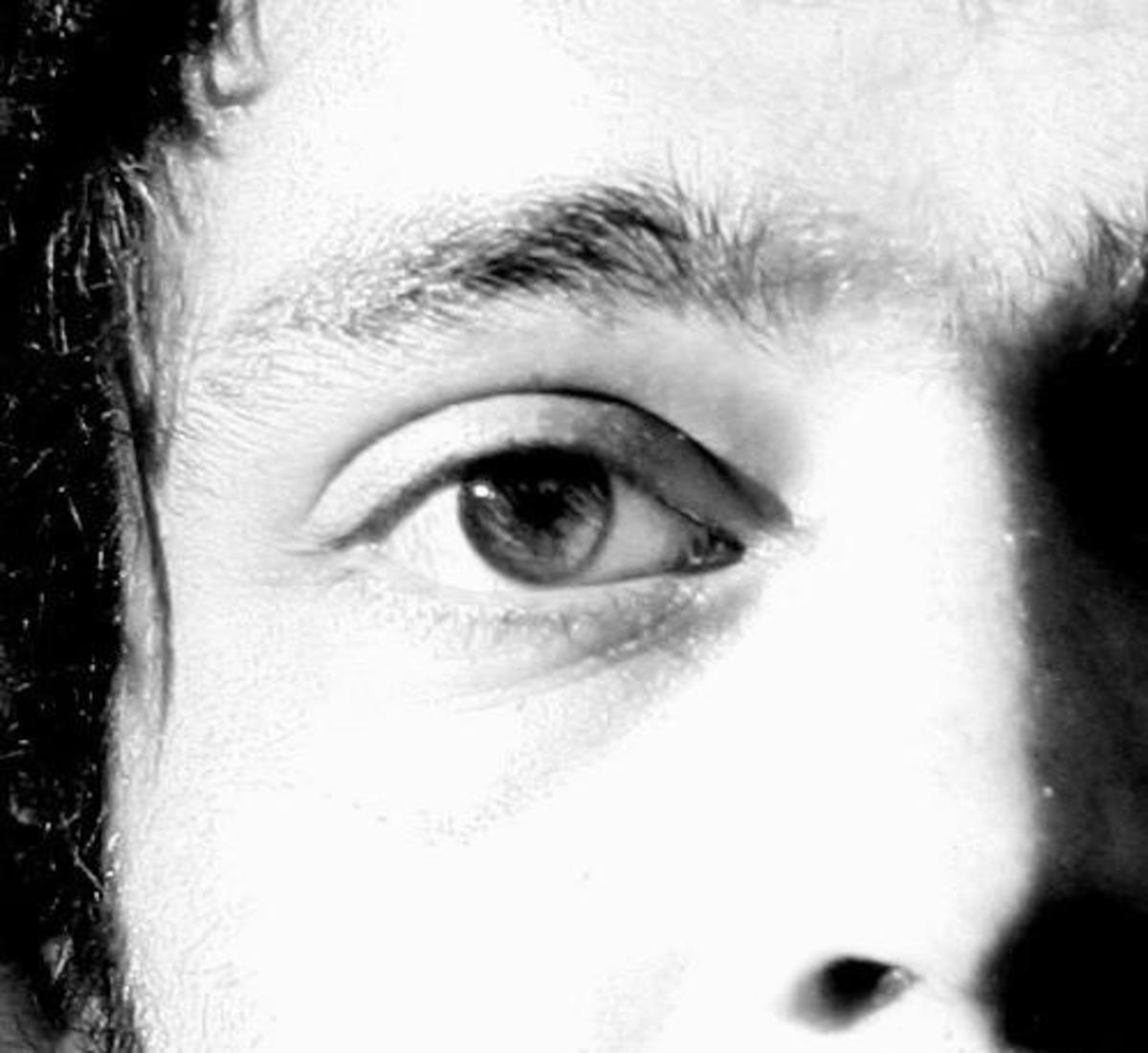Children Who Just Won't Leave, Part II, Finale

What? Your Son/Daughter Is Still Living With You-He/She Is How Old!!!!!
Yes, there are parents who are so much into their parental role that they forget that they were once husbands and wives. They are actually quite fearful of letting their adult children live their own lives as their marital relationship is often in grave disrepair. So in order for these parents to feel whole, their adult children become enmeshed in their parental melodramat as they have no relationship outside of their children. Their children is the be and end all to their lives.
"Adult" children who live with their parents are often considered less than adequate and quite pejoratively by their peers. They contend that something is quite amiss with an adult child who elects to live with his/her parents. Those peers maintain if they were adults, they would be living on their own instead of being babies who live with their parents.
Not only their peers, but "adult" children who continue to live with their parents are viewed quite negatively by most people. These "adult" children are considered to be irresponsible. According to many people, they would rather be content living with their parents and being completely taken care off than to actually put in the time and effort necessary to live effectively on one's own.
In addition to that, there are people who portend that adult children who live with their parents will be developmentally delayed as they will not develop the prerequisite skills as they never had to assume life skills responsibilities such as budgeting, paying rent, daily money management, and apartment maintenance. There are some adult children who are so accustomed to the often symbiotic relationship with their parents that if something would happen to their parents, they would be unable to cope. They usually become quite unhinged when something occurs to their parents such as sickness and/or death. They are so utterly dependent both physically, emotionally, and psychologically on their parents that they would be quite lost without them.
Not only peers and others consider "adult" children who live with their parents to be quite immature, having arrested development. Some parents oftentimes view their "adult" children who continue to live with them to be more undeveloped than their children who elect to live on their own. These parents even treat their "adult" children like minors instead of independent and mature adults. They often make major decisions for their "adult" children as the former deem the latter to be quite incapable of making their own decisions.
In addition to that, these same parents also make life decisions for their "adult" children, not allowing them to be independent persons in their right. They contend that if their "adult" children live with them, they are to live by their rules and if they do not like it, probably they should be living on their own. However, according to such parents, since they do not live on their own, they are not going to live the way they wish to live. These parents assert since it is their domicile, it shall be their rules or else their "adult" children will have to leave their domicile.
Many "adult" children who live with their parents live a life equivalent to many adolescents. They must constantly report their goings and comings to their parents. Some parents even establish a curfew for their "adult" children as per their house rules. They contend that even though their children are chronologically adults, emotionally as far as they are concerned their children are just that-children- who are subjected to their parental rules. It does not matter to such parents how old their "adult" children are because they will never be considered adults as long they decide to live with them and not be on their own.
"Many "adult" children who live with their parents become quite comfortable with their socioeconomic arrangements. Even though they may be unemployed, underemployed, and/or in low paying jobs, they do not worry about their socioeconomic dilemma because their parents are making their lives as comfortable as possible. Because of high comfort level of such "adult" children, they often do not have to assert themselves socioeconomically and/or careerwise. They are quite content living in their particular comfort zone.
There are some "adult" children who elect to be totally supported financially by their parents. They portend that there are no jobs available. Either that- or the jobs offered to them are considered "beneath" them. Any which way, these "adult" children would rather be unemployed than to work at a job which they consider to be unacceptable for whatever reason. To such parents, rather than to see their "adult" children financially struggling at a low paying and/or substandard job, they completely support their children financially until an acceptable job arrives. These parents do not believe that there is anything wrong in providing their children with "financial assistance", providing them with a lifestyle that they are accustomed to.
Of course, an "adult" child living with one's parents in adulthood comes with a terrible price. "Adult" children who live with their parents in adulthood often develop more slowly because they not developing life and survival skills such as budgeting and apartment management. They are also not assuming the adult responsibilities that living on one's own entails.
Because they are living with their parents, their parents are advertently or inadvertently protecting them from certain life experiences that are crucial for development into independent, mature, and responsible adults. Also, they can become quite risk aversive, being fearful of living independently on their own as this represents the unknown. The unknown also represents the untried and untested. The worst thing for a risk aversive person is to be in areas which are in those two aforementioned categories.
Many "adult" children who live with their parents become out of sync with their peers who live on their own. By living independent of their parents, the latter are making their own rules and living their individual lives while the former is giving their power away and living by parental directives, instead of their own. While the ones who are living on their own are becoming more mature, resilient, and sophisticated in terms of life and survival skills, those who live with their parents are somewhat infantilized. Because the latter is totally dependent upon their parents, they have poor coping mechanisms and often become quite discombobulated if anything should occur to their parents.
In summation, once children become adults, they usually leave their parents' abode to live on their own. Living on one's own is considered a rite of passage from adolescence to adulthood. In fact, one is not considered to be fully adult until one leaves home. However, there are children who continue to live with their parents even as adults.
The reasons for this is myriad ranging from the parents being fearful of not being useful once their adult children leave the nest, living on their own to the adult child actually being risk aversive, fearing the unknown. Of course, there are downsides to living with one's parents as an adult. These downsides include not developing sufficient life and survival skills in addition to so dependent emotionally, financially, and psychologically upon the parents as to being unable to cope if anything happens to them. In the animal kingdom, the young eventually leave the nest to establish their own adult lives-shouldn't humans do the same? Duh, of course!








